Top 4 Types of Virtual Collectibles That Dominate the NFT Market
Explore the world of digital collectibles and understand how brands are leveraging them to enhance customer engagement and tap into new markets.
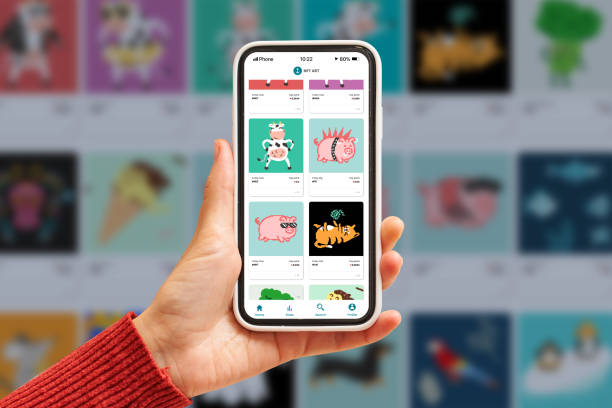
Digital collectibles were initially viewed as speculative bubbles or futuristic concepts that nobody outside the crypto space considered useful. The perception has drastically shifted as digital collectibles, due to their unique utilities, have carved their way into the mainstream.
Digital collectibles can be used to unlock exclusive content, create elements in virtual worlds, or even generate passive income for owners. This has led brands and famous creators to launch their own digital collectibles and persuaded consumers to collect avatars and virtual wearables.
In light of this ever-growing interest in collectibles, we've curated a list of the most popular NFT collectible categories and how businesses can leverage them.
Subscribe to get our best content in your inbox
By clicking “Submit” you agree to Dibbs
Privacy Policy and
consent to Dibbs using your contact data for newsletter purposes.
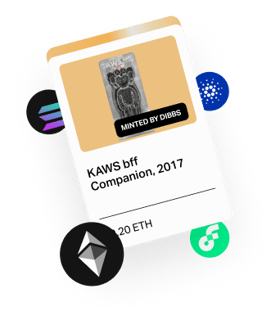
Gaming Collectibles
The NFT gaming market is projected to hit $21.61 billion by 2028, with in-game NFTs contributing $15.46 billion by 2027. This underscores the immense potential of digital collectibles in blockchain games.
Once a player acquires a digital collectible in a blockchain game, they have complete ownership over it. That means they can monetize their assets and sell them on the secondary marketplace to create a new income stream.
Gods Unchained, the popular card-based trading game allows players to fuse cards to create a more powerful and rare version that they can sell on their marketplace. Some of these cards can even sell for upwards $50,000, based on their rarity.
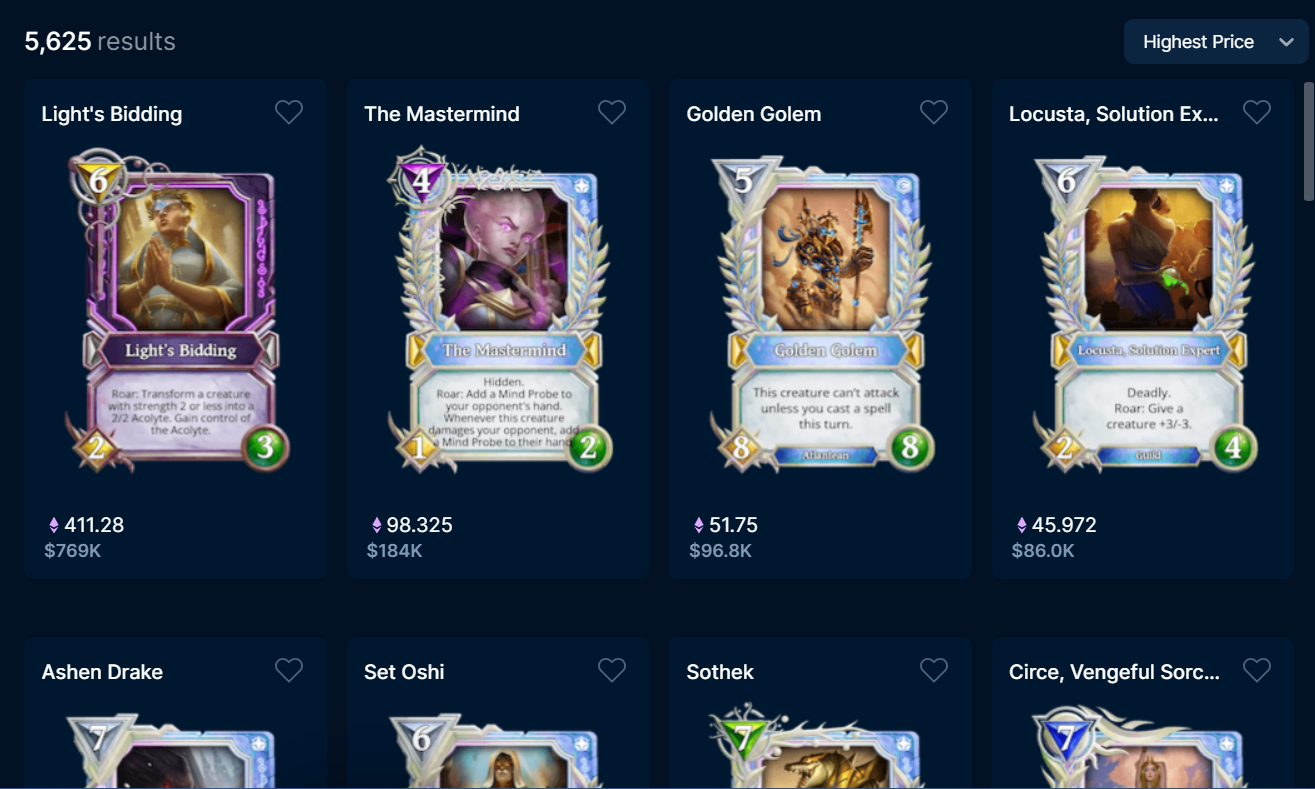
Virtual Wearables
With the metaverse gaining traction, more people are immersing themselves in virtual ecosystems. To capitalize on the shift, brands are crafting virtual wearables that consumers can showcase in these spaces.
This move towards virtual clothing and accessories opens up opportunities for collaborations with web3 brands, which enables brands to access new markets and additional revenue streams.
Case in point: the luxury fashion brand Burberry partnered with the Blankos Block Party Metaverse and introduced accessories like jetpacks and armbands. Their collectibles sold out in just 30 seconds and generated around $4 million for the brand.
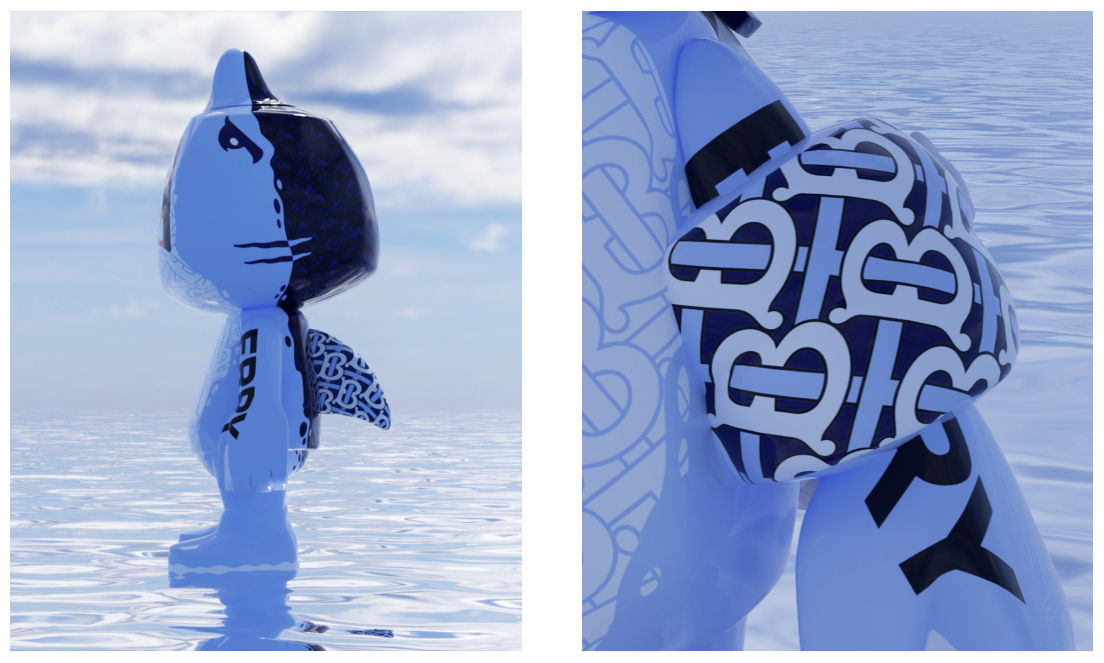
Brands can also take their offerings up a notch and create unique experiences by launching physical versions of virtual wearables. Nic Carter, a general partner at Castle Island Ventures, highlights the potential of these hybrid offerings, also known as “phygitals” in one of his blogs.
He envisions a consumer lifecycle where a customer buys an NFT version of a shoe, redeems it for a physical pair, uses it to access exclusive experiences like designer-hosted events, and sells them on a secondary marketplace to a collector.
This vision is already becoming a reality with redeemable NFTs. For instance, Nike's Genesis CryptoKicks has introduced virtual NFT shoes, which consumers can redeem for the physical version and unlock additional experiences in the future.
Trading Cards
Trading cards have been a popular form of collectibles due to their rarity, sentiment value, and historical significance. Tokenizing these cards into NFTs on the blockchain or even making digital collectibles instead of physical cards have multiple advantages.
Thanks to blockchain traceability, it’s easy to verify the provenance, ownership and authenticity of the trading cards. This eliminates the risk of counterfeit cards and upholds the true value of the original cards.
NFT trading cards bring an additional layer of value and engagement for the owner. For instance, Sorare ingeniously merges the strategy of traditional fantasy sports with the collectability of trading cards. Owners can assemble their teams using the cards they've collected and participate in bi-weekly competitions, with outcomes determined by the real-world performances of the players on their cards.
The platform also offers a variety of rewards for competition participants. These can range from ETH and Sorare player cards to game tickets, apparel, and exclusive access to players and VIP experiences.
Avatars
Avatars serve as a digital extension of a user’s identity and provide community perks that enhance their experience in the virtual world. For instance, the Bored Ape Yacht Club and its offshoot, the Mutant Ape Yacht Club, provide its owners exclusive access to special events.
Another factor driving the popularity of avatar collectibles is their limited availability. This scarcity makes them attractive to investors who see these collectibles as a long-term investment, buying them in the hope that their value will increase over time.
Additionally, the communities that form around these digital collectibles present businesses with unique opportunities to reach new audiences and enhance customer engagement.
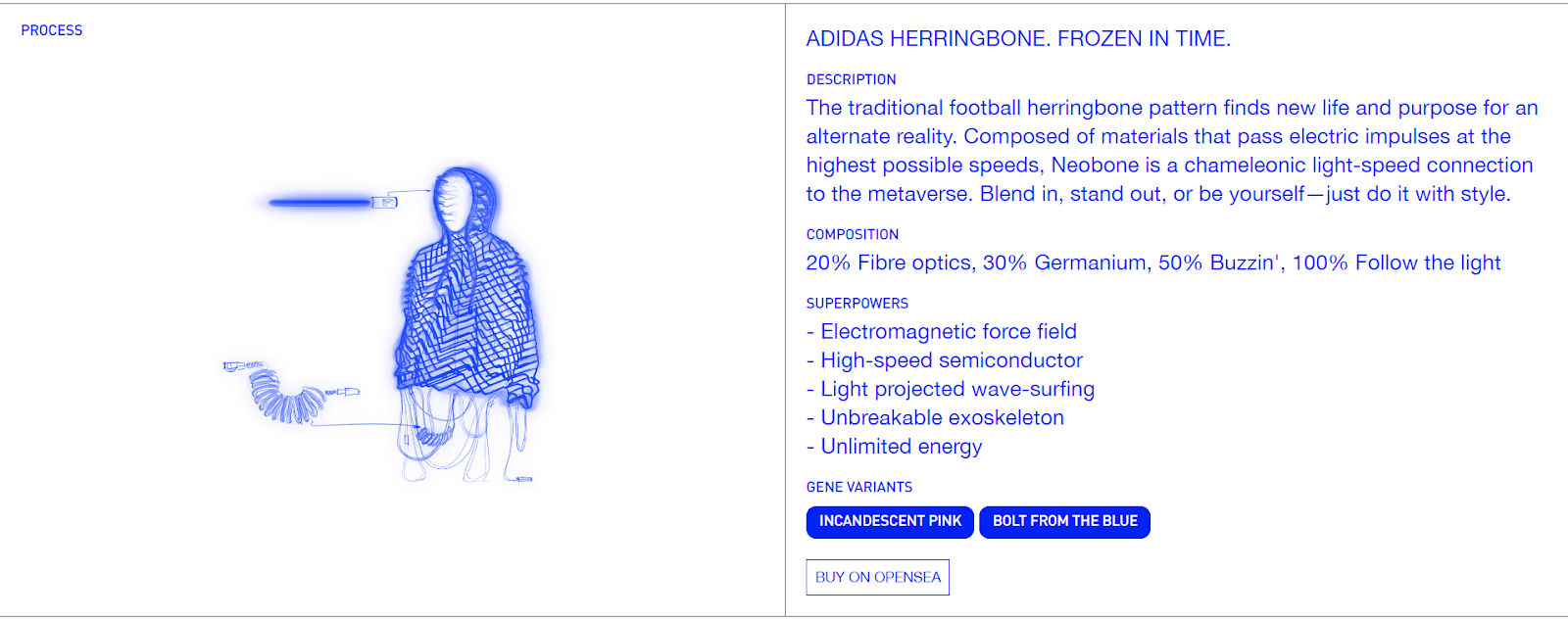
Start Creating Digital Collectibles with Dibbs
Digital collectibles are transforming asset ownership and opening up new avenues for engagement, investment, and innovation. Brands are increasingly recognizing this potential and partnering with collections to release exclusive content that unlock experiences in the digital and real world.
Dibbs helps you join this journey. It helps you convert existing real-world assets into digital collectibles and create your own collection to improve customer engagement and loyalty. To discover more on how Dibbs can help you navigate the world of digital collectibles, schedule a demo with us.
Adidas Originals, for instance, partnered with BAYC and popular artist GMoney to enter the Metaverse. As part of this collaboration, Adidas purchased a Bored Ape NFT avatar, created a character named Indigo Herz based on it, and even created a comic to feature their avatar. They also launched real-world merchandise that gave wearers unique abilities in the virtual world.

Ben Plomion
Ben Plomion is Dibbs' Chief Marketing Officer. As a child, Ben collected comic books and Panini Football stickers. Now, Ben's PC consists of physical-backed NFTs.

